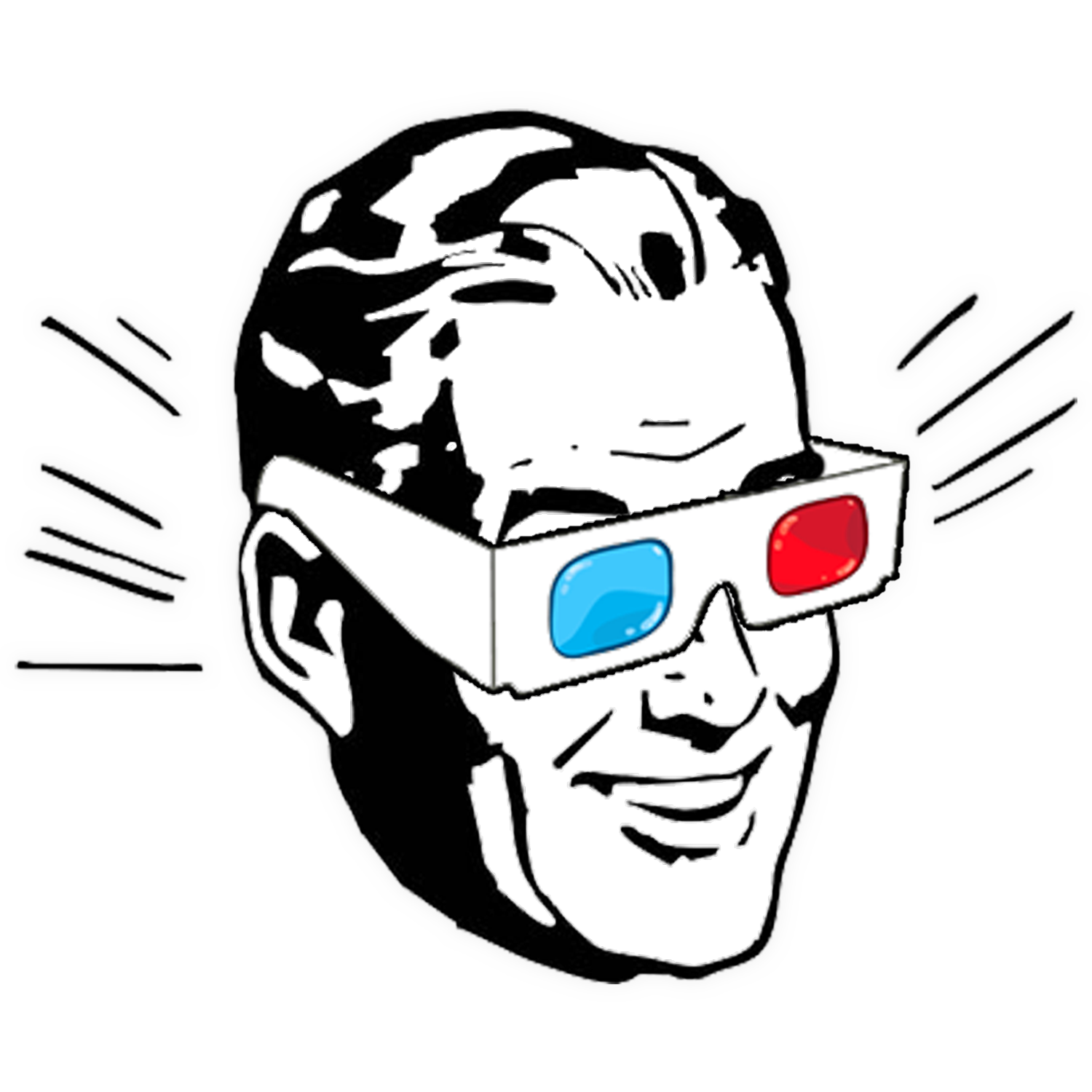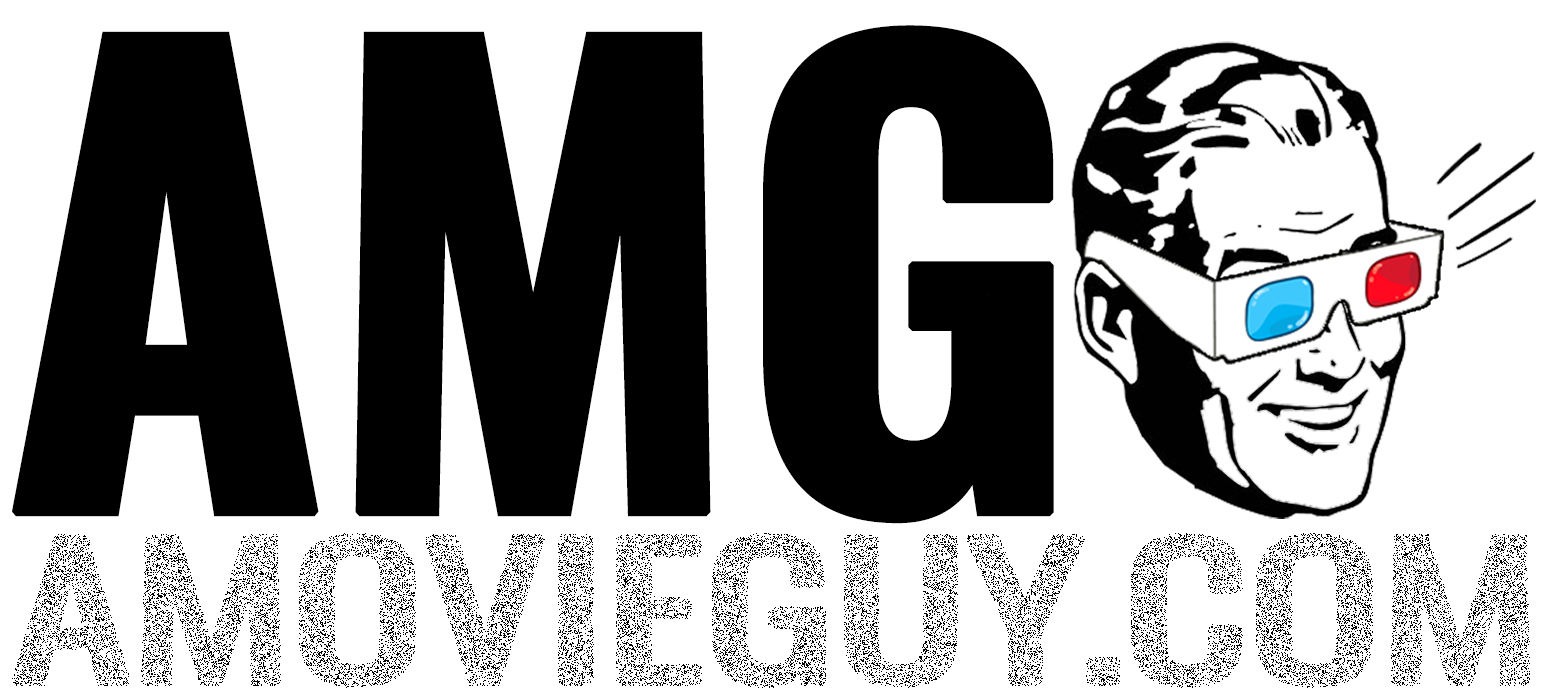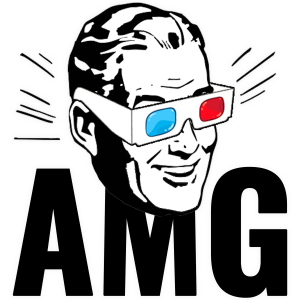
Great Freedom
May 31st, 2022
MOVIE: GREAT FREEDOM
STARRING: FRANZ ROGOWSKI, GEORG FRIEDRICH, ANTON VON LUCKE, THOMAS PRENN
DIRECTED BY: SEBASTIAN MEISE
AMovieGuy.com’s RATING: 3 ½ STARS (Out of 4)
Last Fall, Great Freedom won the Gold Q Hugo (for Queer-themed films) at the Chicago International Film Festival. It was also Austria’s submission for this year’s Best International Film Oscar. A wider audience is now able to see the LGBTQ film via the Mubi streaming platform. It’s a film that is deserving of the attention it received, if for no other reason than it provides a harsh but human look at the lives of homosexuals and the painful prison life in Post-War Germany.
The focus here is on Hans Hoffman (Franz Rogowski), who we meet in 1968, cruising for quick sex in bathroom stalls. The film then winds back to 1945 when Hoffman is first imprisoned under Paragraph 175 which criminalized homosexual acts. Over the next twenty-three years, he is arrested more than once for the same cause. Each time he runs across Viktor (Georg Friedrich), a convicted criminal, who initially wants nothing to do with Hoffman because of his own homophobia. But with each passing decade, the two develop a caring friendship which becomes increasingly more intimate. They both recognize a need for human contact and warmth in some of their darkest moments.
On the surface, this might sound a bit like the 1985 film Kiss of the Spider Woman which featured William Hurt and Raul Julia developing their own intimate relationship while sharing a prison cell. Great Freedom is less melodramatic and political than that film. Franz Rogowski as Hoffman is also far less flamboyant than Hurt’s character (in what became an Oscar-winning performance.) Hoffman is layered in a very different way as he unapologetically seeks out other men to meet his most basic needs. During the narrative, he has more than one close relationship with a sensitive, complex man. Each of these relationships are beautifully drawn. Viktor tends to stand on the outside, observing, as well as offering, and accepting support from Hoffman in times of crisis. There is an intimacy between them that can’t be defined by sexual orientation labels or sex acts. Even Viktor giving Hoffman a tattoo becomes an act of generosity and humanity. They offer each other the kind of love and respect they can’t find anywhere else.
The title of the film refers, in part, to the moment in 1969 queer history when homosexual acts are no longer illegal in Germany. Sex is available everywhere. The seemingly special and clandestine meetings between two men are no longer relegated to bathrooms and jail cells. This leaves Hoffman in an uncertain place. Freedom doesn’t have as much meaning as it does when he is able to have his quieter and more intimate moments with the other men, including Viktor. The film illustrates how Hans finds freedom while locked up by, for instance, risking his own safety and using the prison system to set up “dates” with his fellow gay inmates. Once “real” freedom is achieved the feeling is a bit like the emptiness Brooks Hatlen experiences when wandering the streets as a free man in The Shawshank Redemption and when Jeremy Renner’s character returns to military service at the end of The Hurt Locker. Freedoms in the outside world may be too broad, less private, and less meaningful than what is experienced in the enclosed worlds of prison or the military.
The film is filled with sensitive performances, especially by Rogowski, George Friedrich’s work as Victor, as well as Anton von Lucke and Thomas Prenn as two of the other men, Leo and Oskar, in Hoffman’s life. Credit must also be given to director Sebastian Meise’s team for carefully and believably aging the actors throughout the film’s span of twenty-four years. The skillful editing also adds to the ease at which the narrative turns between specific years and episodes.
Watching another film about the sad plight of queer people in earlier eras can be challenging. Might it not seem time to move on to stories about our (mostly) more enlightened world where homosexual acts are not illegal in most cultured societies? Absolutely, but just like the history of Black Americans, wars, Native Americans, etc. it’s important to recognize our past in hopes that we don’t repeat the travesties of history. In Great Freedom, there is something universal about the love and intimacy that can illuminate even some of our darkest moments. That aspect of humanity will never cease to exist whether one is free or not.
GREAT FREEDOM IS CURRENTLY PLAYING ON MUBI
3 ½ STARS
Written by: Dan Pal
djpal1@aol.com








